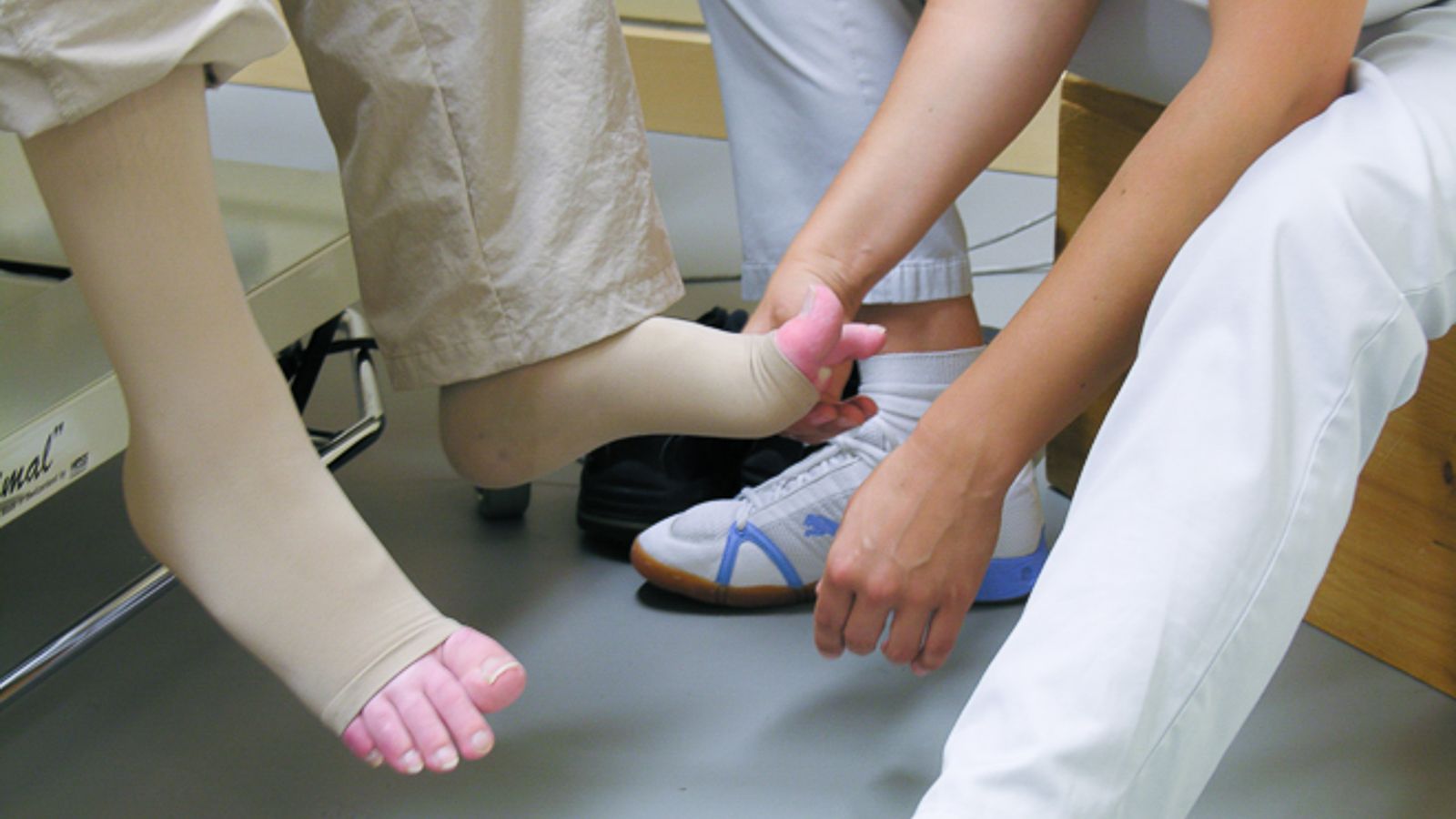Discussion

For Marco and other persons with SCI/SCD, living with chronic bowel and bladder dysfunction poses one of the biggest challenges that is related to SCI/SCD.810
I have no control anymore. It’s like being a child again. Beside the medical issues it really affects everything in my life – how I dress, how free I am in public. I am more reserved than before, and have less self-confidence. I don’t feel normal. Bowel and bladder dysfunction have been the most negative part of my whole experience with SCD.
Marco’s reflections on his bowel and bladder dysfunction
In addition to the other complications and limitations related to SCI/SCD, many of the interventions required for managing bowel and bladder dysfunction are difficult to accept and uncomfortable, even painful, to perform. In Marco's case, he felt disgusted with having to manually remove stool with his finger, and he experienced discomfort and pain with catheterisation. Moreover, having to deal with bowel and bladder dysfunctions can lower a person's self-confidence.9{cs14-fn16}
Beyond clinical interventions to alleviate the symptoms of the dysfunction, education on bowel and bladder management56710{cs14-fn16} as well as psychological counselling are key aspects of rehabilitation.510 In Marco's case, in which the prognosis for recovery was uncertain due to the lack of a clear diagnosis, psychological counselling proved to be valuable in helping Marco deal better with the emotions related to his health situation as well as with the stress he experienced in not knowing when and the possible extent of his recovery. Furthermore, the education that Marco received from various members of his rehabilitation team about his health condition and the implications for self-care helped facilitate his overall improvements in functioning. Specifically, expanded knowledge about his health condition and options for bladder management helped him make an informed decision about the surgical implantation of a stent to relieve urination problems.
""A person-tailored approach along with involving the person him or herself are critical for successful bowel and bladder management.""
Marco's case illustrated the value of a multidisciplinary team approach toward rehabilitation. In addition to the standard team of rehabilitation specialists that included a rehabilitation physician, nurse, physical therapist/sport therapist and occupational therapist, a number of medical specialists e.g. ophthalmologist and rheumatologist, as well as a dietician, vocational counsellor, music and art therapists, and a social worker were all called in to provide specialised interventions. Having a multidisciplinary rehabilitation team and involving Marco in the whole rehabilitation process helped tailor the rehabilitation programme to his specific needs. A person-tailored approach along with involving the person him or herself are critical for successful bowel and bladder management.6710